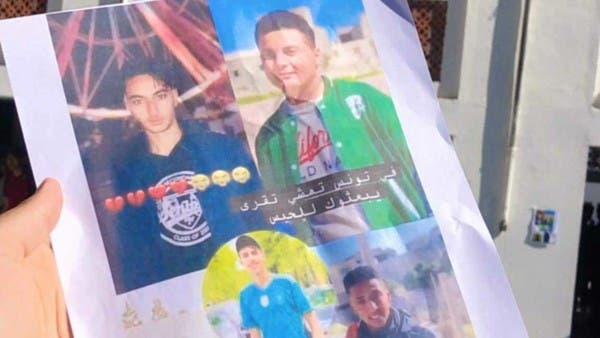The Tunisian police detained underage students on riot charges after they demanded classroom reform at their institution, which was in danger of closing. This act caused worldwide outrage and appeals for the children’ release so that they may complete their education.
In order to demand an improvement in the institute’s infrastructure and the restoration of some of the threatened departments of their walls, a group of students from the “Al-Amal neighbourhood” institute in the Foshana area of the Bin Arous Governorate organised a protest last week. During the protest, they set fire to tyres in the streets near the institute.
However, the police invaded these demonstrations in response to a complaint from the administration, dispersed the demonstrators, and then requested that several students look into them.
While some of them were freed, 5 of them were taken into custody and jailed for “riots.”
What caused a lot of social media discussion and responses that human rights organisations denounced.
Additionally, the detained children’ fellow classmates protested for their release.
As a result of their right to free expression, children have been suspended from school and imprisoned, according to the “Intersection for Rights and Freedoms” organisation, which deemed this to be “a major breach of human rights and the strike of bad treatment.” In addition to requesting their immediate release and the dismissal of all charges, it also urged that they receive the required psychological and medical treatment.
She emphasised that “their natural place is not behind the prison walls but in the chairs of school with the rest of their classmates.
The activist Al-Arabi Al-Zayer, for his part, criticised the police for using excessive force when dealing with students who went outside to demand their right to study in safe environments and in institutions that don’t threaten their lives and safety, claiming that if these people are detained indefinitely, they will lose their freedom, education, and future prospects.
Tunisia is embroiled in controversy following the detention of students who demanded that classroom conditions be improved.

